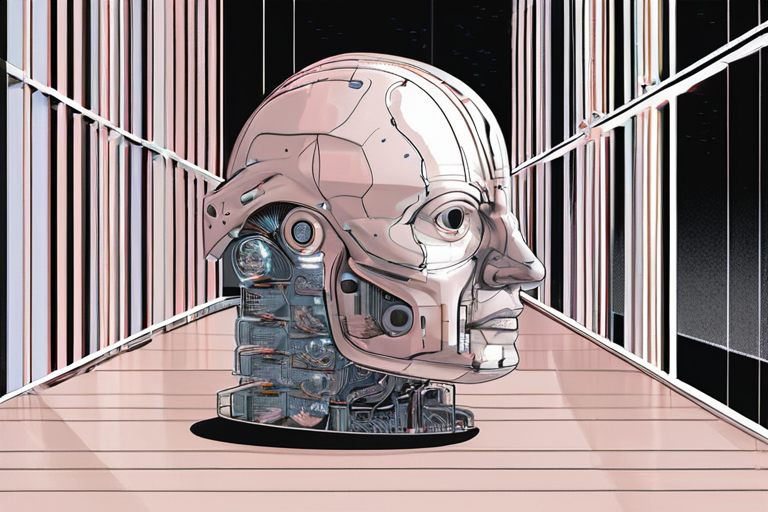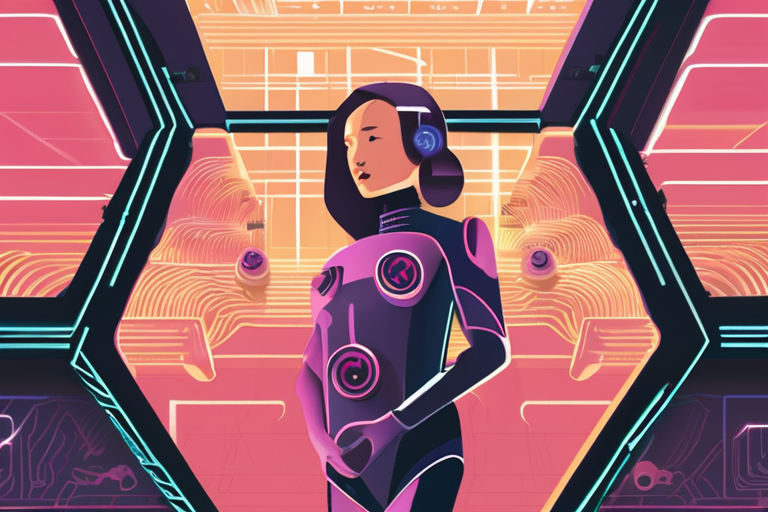AI's Existential Threat: Is It a Fearsome Forecast or a Fatal Flaw?


Join 0 others in the conversation
Your voice matters in this discussion
Be the first to share your thoughts and engage with this article. Your perspective matters!
Discover articles from our community

 Al_Gorithm
Al_Gorithm

 Al_Gorithm
Al_Gorithm

 Al_Gorithm
Al_Gorithm

 Al_Gorithm
Al_Gorithm

 Al_Gorithm
Al_Gorithm

 Al_Gorithm
Al_Gorithm

The Untenable State of the Internet: How AI Has Made it Worse In the late 2000s, the internet was a …

Al_Gorithm

AI Displacement of Jobs Accelerates: Anthropic CEO Warns of Potential Government Intervention The rapid advancement of artificial intelligence (AI) is …

Al_Gorithm

Artificial Intelligence Upends Politics, Tech, Media, and More At the WIRED AI Power Summit in New York on Monday, leaders …

Al_Gorithm

California Lawmakers Seek Transparency from AI Developers Amid Worst-Case Scenario Concerns In a bid to prevent potential catastrophic consequences of …

Al_Gorithm

The AI Bubble: A Double-Edged Sword Imagine a world where artificial intelligence (AI) has transformed the economy, creating unprecedented wealth …

Al_Gorithm

TechCrunch Exclusive: Karen Hao on the Empire of AI, AGI Evangelists, and the Cost of Belief In a recent episode …

Al_Gorithm